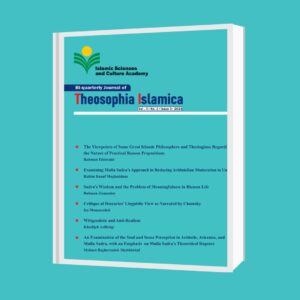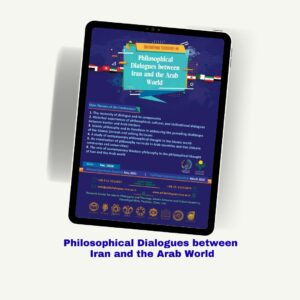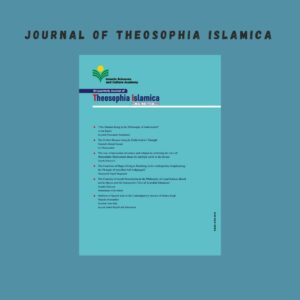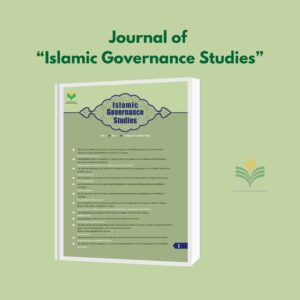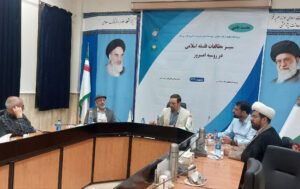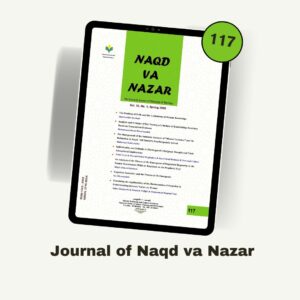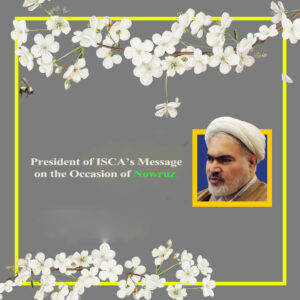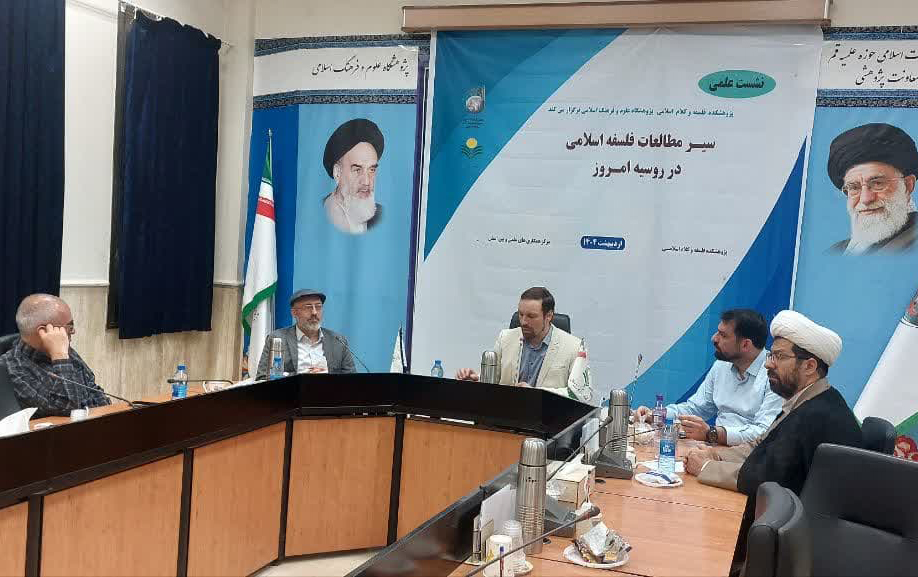Research Center for Islamic Philosophy and Theology held an academic meeting entitled “The Course of Islamic Philosophy Studies in Contemporary Russia” with the presence of Andrey Lukashev, a researcher at the Ibn Sina Foundation in Russia.
According to the Public Relations Office of the Islamic Sciences and Culture Academy, this session was held on Wednesday, May 14, 2025, at Shahid Soleimani Hall of the Islamic Sciences and Culture Academy. In the session, Andrey Lukashev spoke about the course of Islamic philosophy studies in contemporary Russia:
The meaning and application of the term philosophy in Russia differ from how it is used in Iran. In Russia, philosophy is used in a broader sense and includes all rational and ḥikmah-based (wisdom-based) discussions. Therefore, when the term Islamic philosophy is used in Russia, it encompasses Islamic philosophy, mysticism, and theology. As a result, all researchers working in these three fields of knowledge are considered researchers of Islamic philosophy.
The course of research in Islamic philosophy and ḥikmah in Russia is as follows: the first work about Islam in the Russian language was Dimitri Cantemir’s book titled Systema, or the Status of the Religion of Muhammad, written in 1719. However, academic study of Islam in Russia began much later and owes much to the works of Alexander Kazembeg. The first works related to Islamic philosophy and theology emerged only in the second half of the 19th century and the early 20th century, through the efforts of scholars such as G. Sabloykov, E. Gurland, and I. Kratchkovsky.
The heritage of Islamic ḥikmah also attracted the attention of Soviet scholars. Among them, the renowned Soviet Iranologist Yevgeny Bertels should especially be mentioned, who translated Sharh-i Rubāʿiyyāt (Commentary on the Quatrains) by ʿAbd al-Rahman Jami from Persian. Of course, the systematic study of Islamic philosophy in the Soviet Union developed with the establishment of the “Department of Philosophy and Sociology of Eastern Countries” at the Institute of Philosophy of the Academy of Sciences of the Soviet Union. Since then, this institute became the central hub for this type of research, where the works of Muslim thinkers have been studied and analyzed. At the same time, Orientalists from other academic centers in Russia have also dealt with the heritage of Islamic ḥikmah in some of their works.
The Academy of Philosophical Sciences in Russia is also one of the most important research centers where all Eastern philosophies, including Islamic philosophy, are studied. Among these institutions, the Foundation for Islamic Studies in Moscow has also played a prominent role in expanding philosophical discussions.

